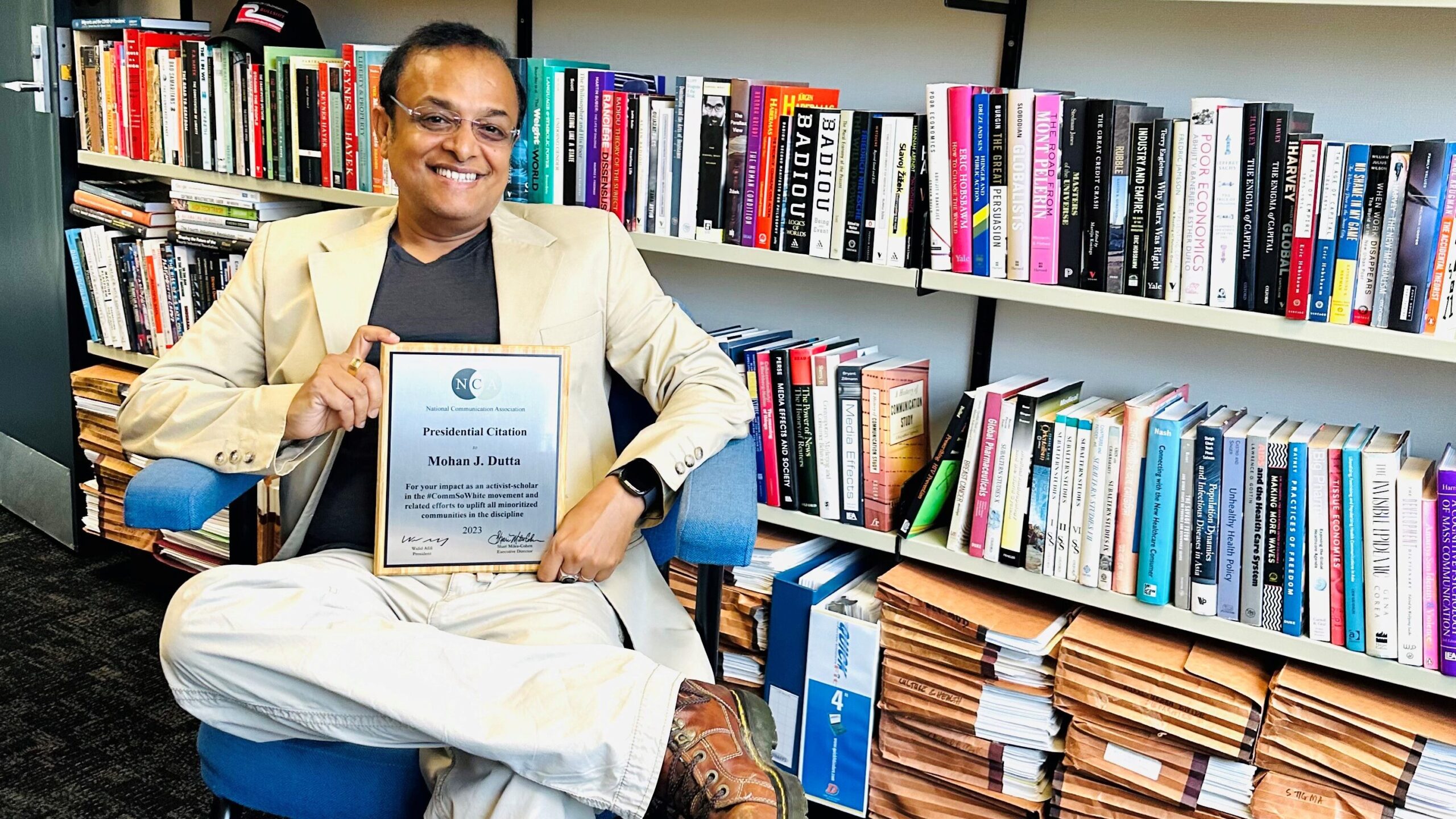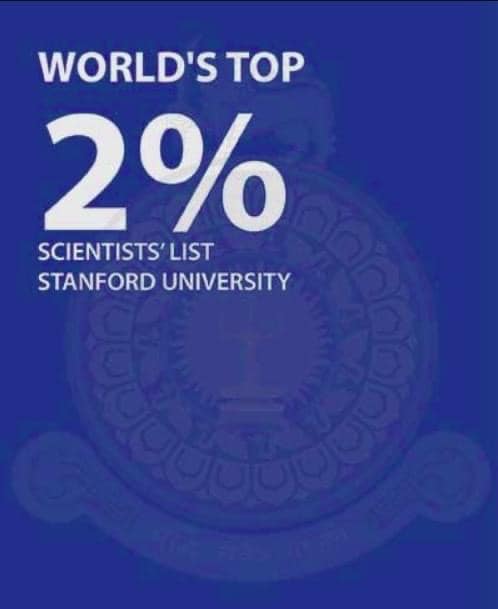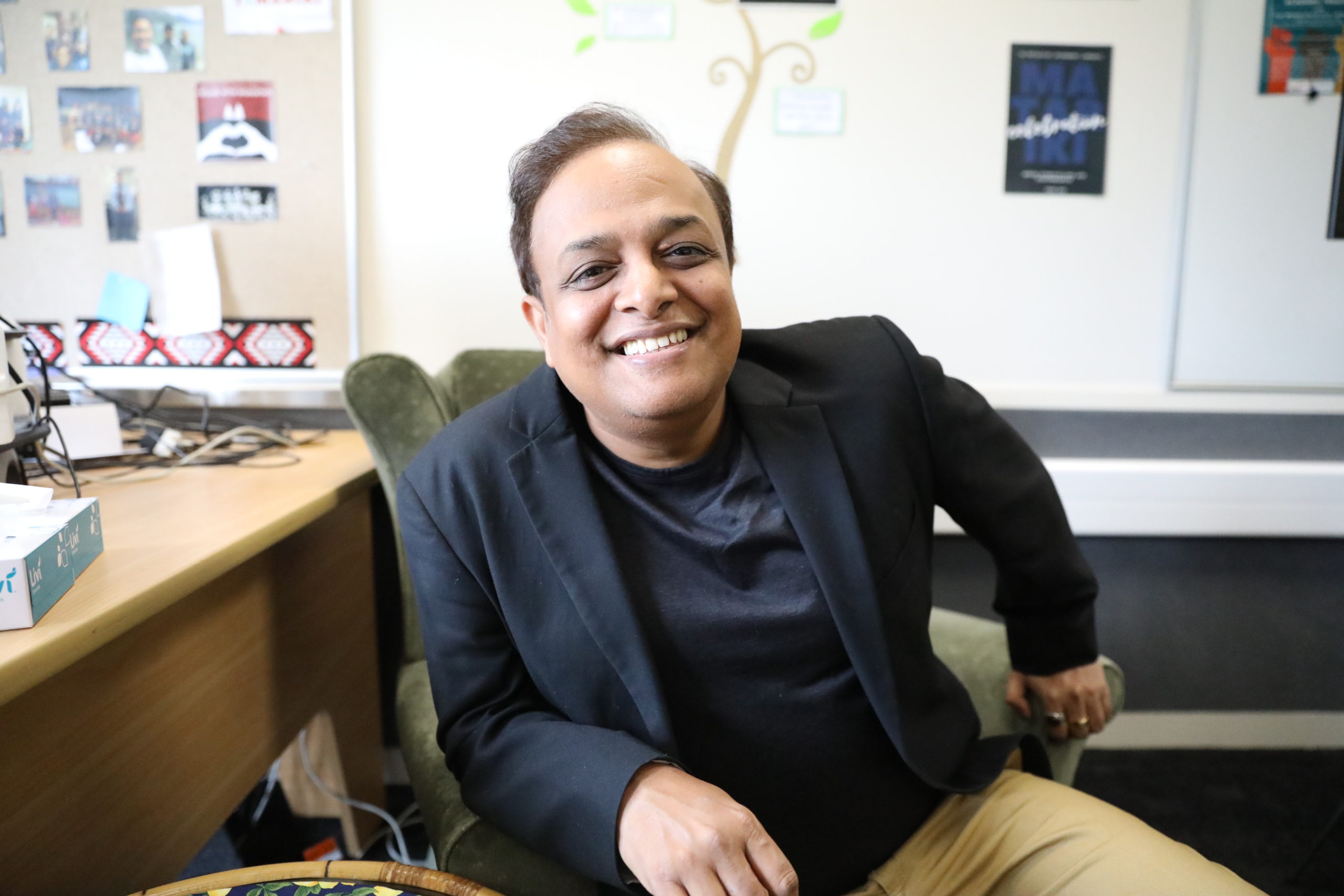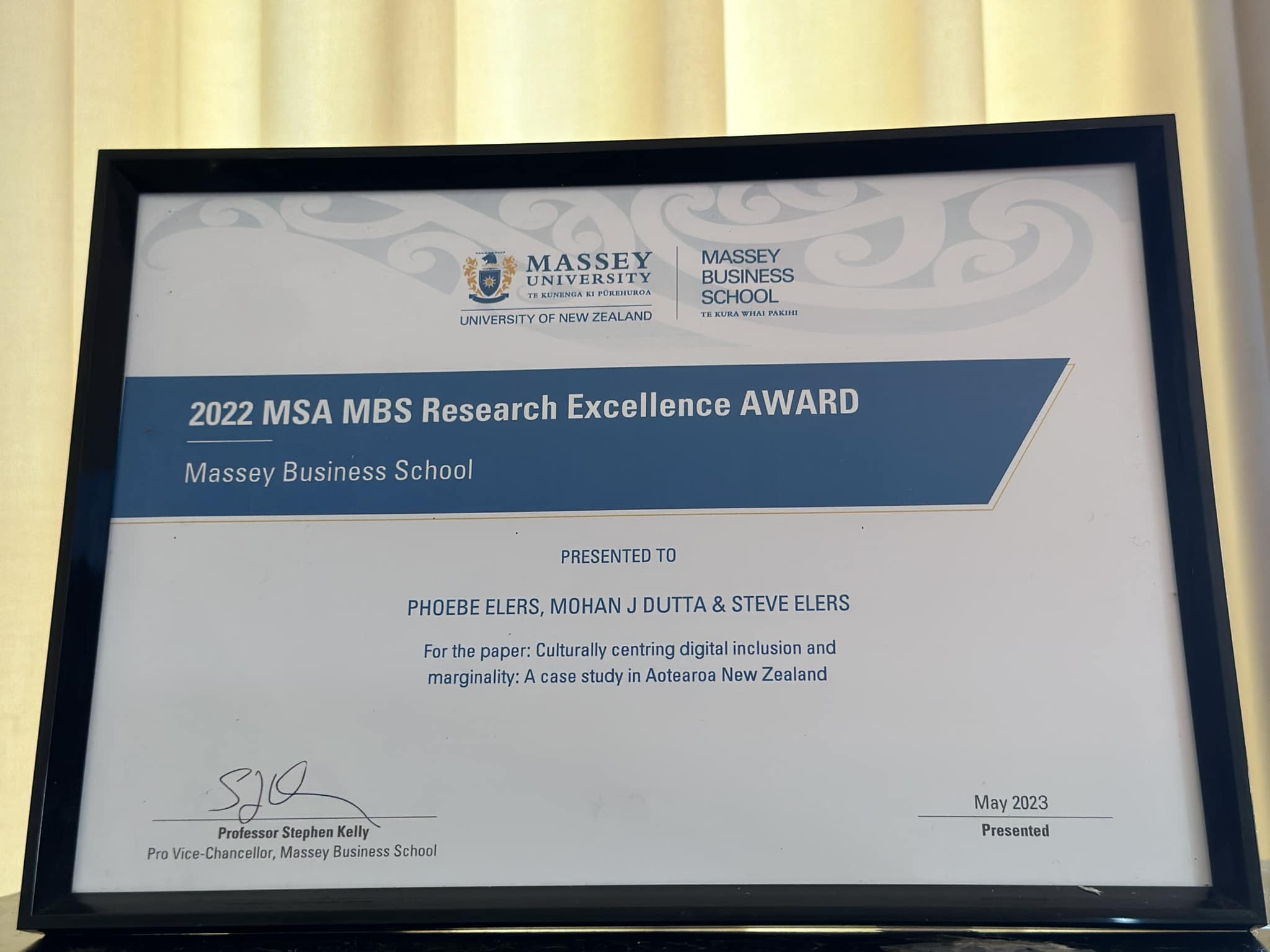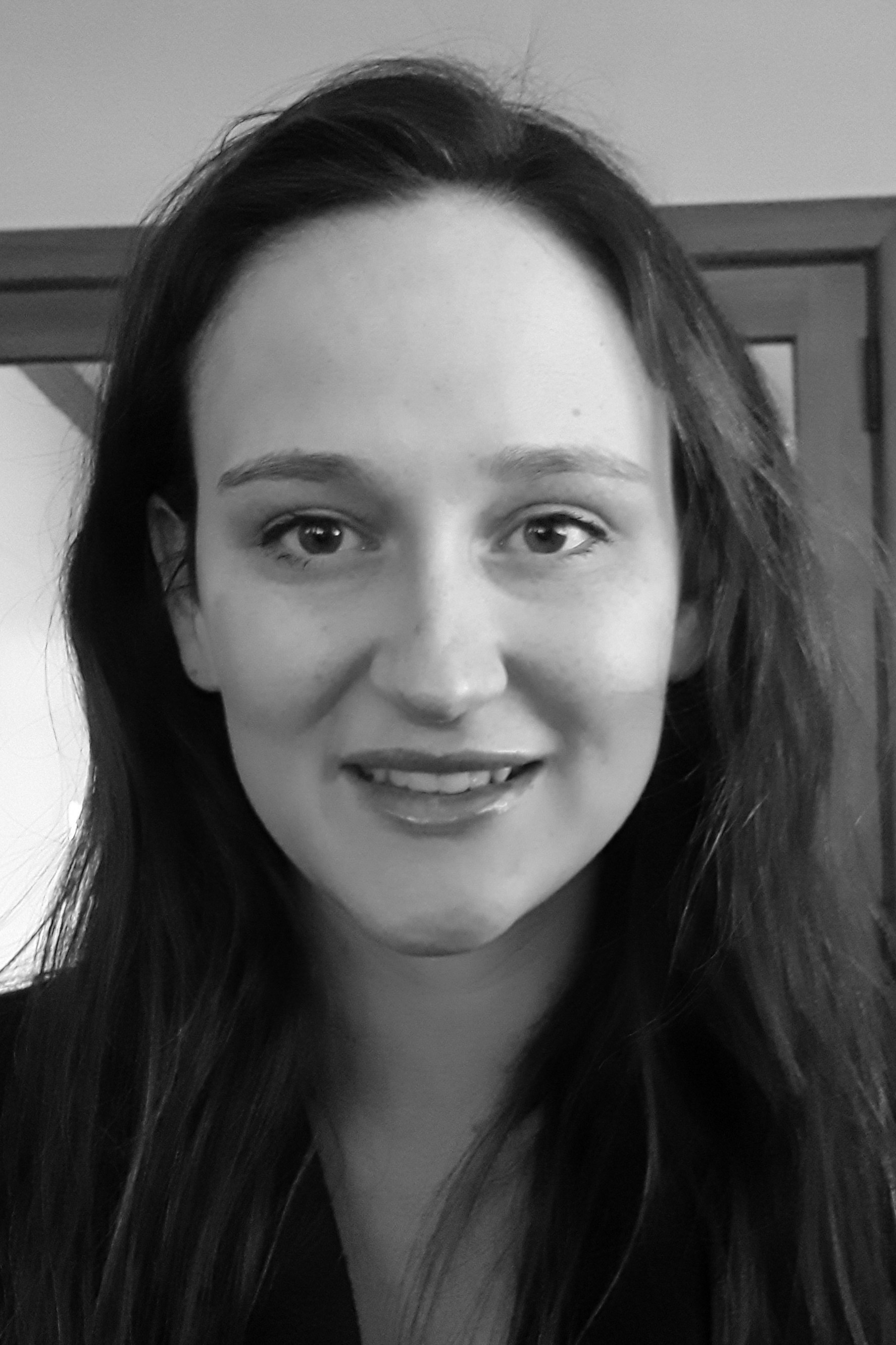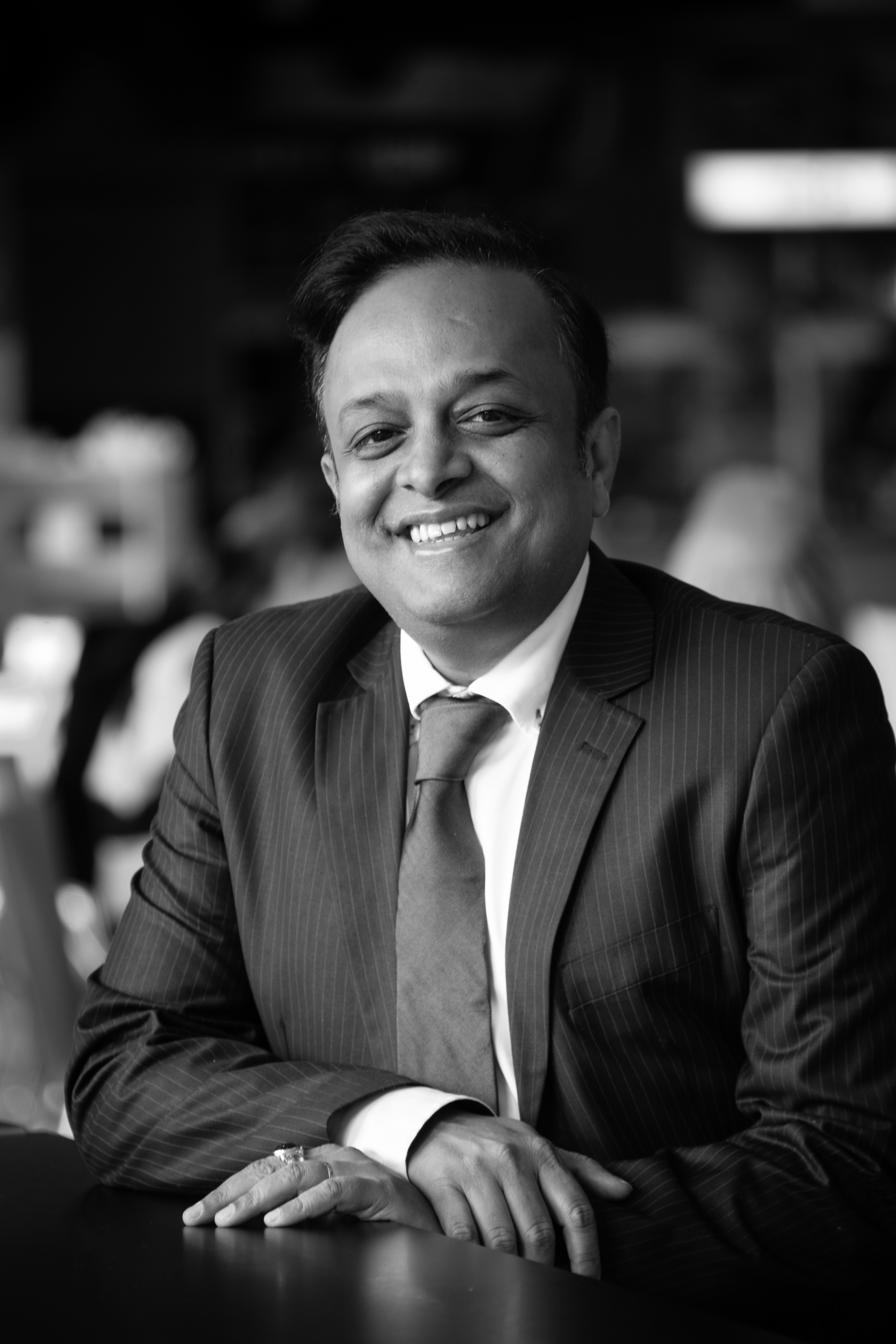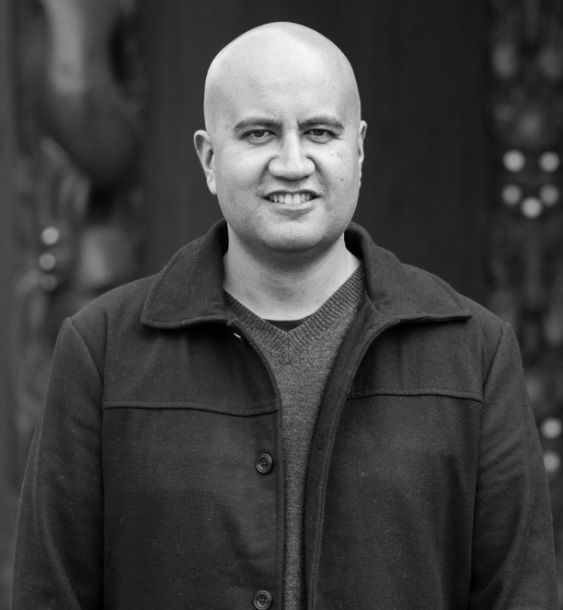Friday 7 June 2024, By Professor Mohan Dutta

The outcome of India’s 2024 General Election marks a significant moment in the nation’s democratic journey, punctuating the beginning of the process of democratic renewal since Hindutva’s take-over of institutional structures and democratic processes that started unfolding since the 2014 General Election. The renowned activist Harsh Mander describes it as “the most consequential in India’s journey of 74 years as a republic.” The critical question that lies ahead is: How does the 2024 moment form the pathway toward the renewal of India’s constitutional values that were born out of the anti-colonial struggle?
The results stand testimony to the power of those at India’s margins, Dalits, Muslims, and women, to stand up to the forces of authoritarianism that have worked over the past decade to destroy India’s fundamental democratic institutions. Amidst the jubilant celebrations of the power of grassroots democracy to halt powerful political and economic forces that have worked in tandem seeking to turn India into a Hindu Rashtra (Hindu nation), we must critically reflect on the deeper implications of this electoral exercise for the future of democracy in India, and the broader implications for global geopolitics.
The elections witnessed overwhelming participation of Dalits and Muslims, with the election of Dalit and Muslim leaders into the parliament. Consider here the election of the Dalit leader Chandrashekhar Azad from the Nagina constituency, based on a campaign platform seeking to protect the Indian constitution, designed by the Dalit lawyer B. R. Ambedkar. Consider similarly the electoral win of the 26-year-old Sanjana Jatav who hails from a Dalit community, from the Bharatpur constituency in Rajasthan, among the list of the youngest members of the Parliament. Despite Hindutva’s organised strategies of suppressing Dalit and Muslim votes, those at the margins mobilised to exercise their democratic rights at the ballots, underscoring the power of democracy at the grassroots, secured through everyday struggle. It stands witness to the beautiful experiment on the global stage that is India’s democracy, resilient against the repressive forces mobilised behind the strongman politics of Narendra Modi.
Over the past decade, and more so since his election in 2019, Modi has carried out systemic attacks on democratic institutions. Opposition politicians, independent journalists critical of the Modi regime, dissenting activists, and a wide range of civil society organisations have been systematically targeted and harassed through raids by the Enforcement Directorate (ED), the agency charged with fighting economic crimes, creating a climate of fear and intimidation.
The Unlawful Activities Prevention Act (UAPA), designed as an instrument to regulate activities that threaten the sovereignty of India, has been broadly interpreted to target dissenting voices against Hindutva, instrumentalised to label dissenting activists as “anti-national,” and incarcerating them. Salient here is the deployment of the law to target Adivasi (Indigenous) rights activists, human rights activists, environmental defenders, and journalists critical of Hindutva’s power grab. The large-scale attacks on dissenters have produced a chilling effect, creating an atmosphere of fear and self-censorship that has undermined democracy.
These repressive processes have been directed toward journalists and media infrastructures as well, while corporate interests aligned with the BJP’s right-wing politics have taken over mainstream media infrastructures, systematically turning them into the lapdogs of Hindutva.
Both the judiciary and the Election Commission of India, two critical pillars of India’s democracy, have been categorically undermined, with the BJP making wholesale political appointments into these institutions. Civil society organisations note the large-scale failure of these institutional structures to place checks and balances on the BJP as it has launched a full-blown assault on the constitution.
Note here the electoral bonds scheme passed by the BJP, allowing anonymous donations to political parties and undermining the transparency of the democratic process by facilitating the flow of undisclosed funds. The ruling BJP strategically utilised the electoral bonds to subvert Indian democracy, benefitting disproportionately from the bonds alongside vested corporate interests exerting undue influence on policies through this pathway.
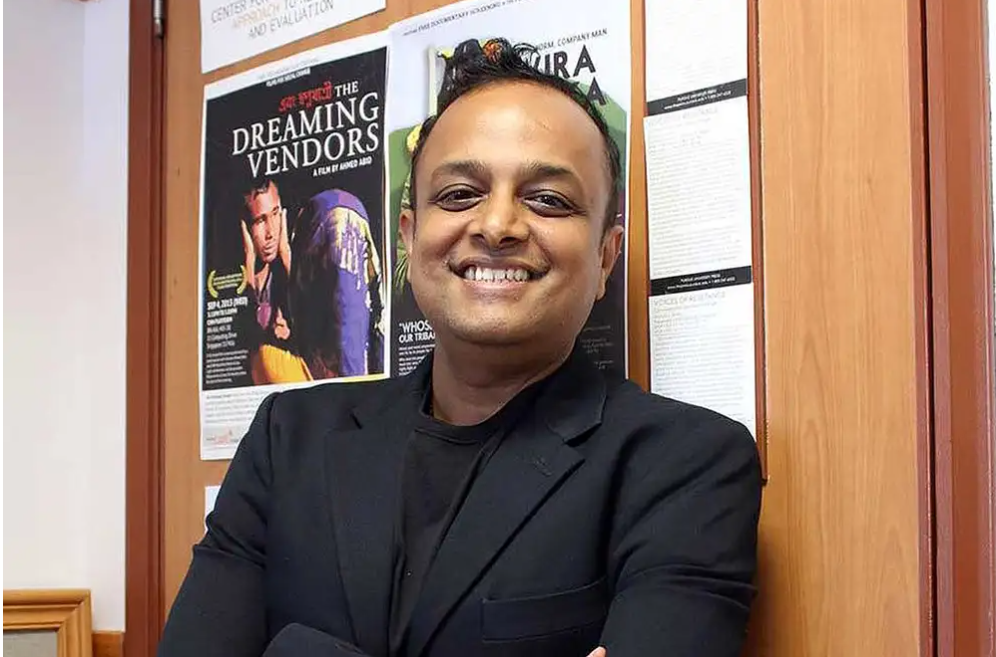
Professor Mohan Dutta
Hindutva’s direct attacks on democratic institutions and institutional capture have been accompanied by its large-scale mobilisation of anti-Muslim hate, both offline and online, with television channels forming the critical infrastructure of hate. Termed India’s version of Radio Rwanda, these hate channels have manufactured and amplified the narrative of the Muslim infiltrator threatening the safety and security of India’s majority Hindus. Building up to the elections, BJP politicians, including its lead campaigner Narendra Modi delivered extreme Islamophobic speeches, referring to the Muslim population explosion, Muslim threats to Hindu property, and Muslim infiltrators, designed to evoke fear among the Hindu voter base. Critical observers have described the 2024 election campaign as the most hate-filled campaign, specifically highlighting Modi’s extremist speech. The violent rhetoric of Hindutva is juxtaposed in the backdrop of extreme violence directed at Adivasis, Dalits, Christians, and Muslims.
The discursive infrastructure of the “Hindu in fear” is mobilised alongside the propaganda of Modi as Godman, constructing him as a cult-like figure that has descended from the Gods to save India’s 1.1 billion Hindus and return India to its lost glory. Through various manufactured events, Modi has designated himself as the voice of God, reminiscent of fascist techniques of propaganda around Hitler and Mussolini. In a speech in the 2024 election cycle, Modi proclaimed himself as a divine essence who has transcended biological birth.
That the BJP was unable to secure the hegemonic position that would enable it to transform the Indian constitution along the lines of Hindu Rashtra speaks to the power of grassroots participation as a pillar of deliberative democracy. That the BJP candidate in Banswara where Modi labelled Muslims as infiltrators lost to Rajkumar Roat of the Bharat Adivasi Party (BAP), by a margin of 2,47,054 votes, speaks to the power of India’s margins in challenging Hindutva’s hate politics. That the BJP lost in the Faizabad, the very constituency in which Ayodhya – the place where the sixteenth-century mosque Babri Masjid was located until it was destroyed by Hindutva mobs and where the temple consecrating Lord Ram was built, forming the foundation of Hindutva’s voter appeal to the Hindu majority – is located, speaks to the critical role of bread and butter issues such as unemployment and social welfare.
The 2024 General Elections offer hope for India. This hope lies in the participation of those at India’s margins who are often the targets of the techniques of authoritarian repression, as the very antidote to the rise of authoritarian populism. This process of constitutional renewal however has a long road ahead that requires sustained dialogues and collective organising around the rights to voice and democracy of the margins of India who have been systematically disenfranchised by Hindutva’s far-right politics. It requires the ongoing and careful work of building and sustaining civil society as spaces of resistance to Hindutva, both in India and in the diaspora.
It requires those of us who have risked our lives and livelihoods to challenge Hindutva’s onslaught over the past decade to bear witness to Hindutva’s excesses and to build broad coalitions in India and in the global community that work toward dismantling the pernicious ideology. It requires the mobilisation of the global community around the plights of India’s minorities, particularly its 200 million+ Muslims, developing mechanisms for international legal infrastructures to hold India to account on its human rights record. It requires global civil society to draw on this moment to secure the release of unlawfully incarcerated political prisoners in India.
Here in Aotearoa, it requires the Crown to recognise that Indian Dalis, Muslims, Sikhs, and Christians form a significant proportion of the diaspora, and listening to their voices should be at the core of how Aotearoa engages India. It requires mainstream politicians and Crown ministers to educate themselves on Hindutva, recognising its presence here, and developing policy mechanisms to regulate Hindutva funding and Hindutva organisations.
It requires global civil society to draw on this moment to secure the release of unlawfully incarcerated political prisoners in India. It requires the global recognition that the state of democracy in India is vital to the security and sustenance of the international rules-based order.
As we move forward from the elections, let us commit ourselves to the task of strengthening and deepening democracy in India. Let us commit to uprooting the infrastructure of Hindutva seeded by the Rashtriya Swayamsevak Sangh (RSS) and the Vishwa Hindu Parishad (VHP), including in the form of Hindutva organisations here in Aotearoa. What happens to India’s democracy matters to the global community’s journey in co-creating sustainable futures.
Professor Mohan Dutta is Dean’s Chair Professor of Communication at Te Kunenga ki Pūrehuroa Massey University. He is the Director of the Center for Culture-Centered Approach to Research and Evaluation (CARE), developing culturally-centered, community-based projects of social change, advocacy, and activism that articulate health as a human right.

